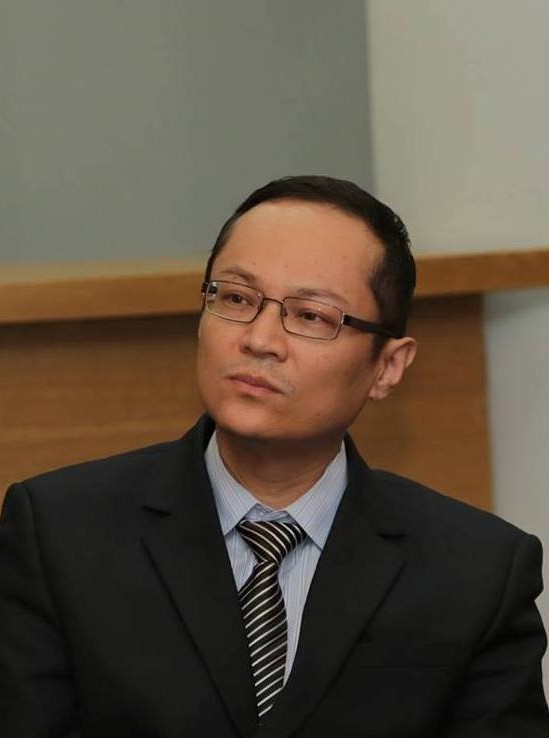The article examines the process of development of the female Buddhist monastic community in the modern history of China. A brief overview is given of the history of the female Buddhist monastic community in China until the beginning of the 20th century. The movement for gender equality within Chinese Buddhism during the first half of the 20th century is discussed. It is shown that the women’s Buddhist movement among nuns was a part of a broader religious reform movement and was associated with the process of modernization of China. It was discovered Wuhan became the center of the women’s Buddhist movement, where a project for female Buddhist education began. Despite the repression and persecution during the “cultural revolution”, the female monastic community in China survived and started to revive after that period. The processes taking place in the modern female Buddhist monastic community in China are considered. It has been revealed that the female Buddhist monastic community is supported by the Chinese government. Particular attention is paid to the development of the women’s Buddhist movement in Taiwan, where Buddhist nuns make up two-thirds of the Buddhist monastic communities on the island and make a significant contribution to the growth of this religion. Nuns are actively engaged in social services, as exemplified by the activities of the Compassionate Help Foundation, founded by Buddhist nun Cheng Yen. The continuity between contemporary women's monastic activity in Taiwan and the reform movement in Mainland China is emphasized, with particular attention paid to the role played by Chinese nuns in international Buddhist women's movements. Chinese nuns have been actively involved in reviving female monasticism in other areas.
Key words: history of Buddhism, Buddhism in China, monastic community, Buddhist nuns, women’s movement, Buddhist reform movement, Buddhist activism, social service in Buddhism, modern Buddhism
DOI: 10.22250/2072-8662-2024-3-54-61
About the authors
 |
Mergen S. Ulanov – Doctor of Philosophy, Head of the Department of Philosophy and Cultural Studies; Kalmyk State University; 11 Pushkin Str., Elista, 358000, Russia; This email address is being protected from spambots. You need JavaScript enabled to view it. |
 |
Valery N. Badmaev – Doctor of Philosophy, Chief Researcher of the laboratory “Complex Buddhist Studies”, Kalmyk State University; 11 Pushkin Str., Elista, 358000; Russia; This email address is being protected from spambots. You need JavaScript enabled to view it. |






